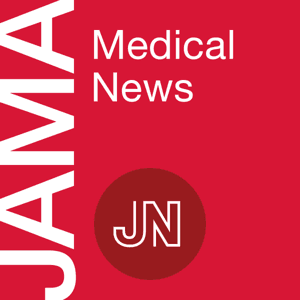You'll see renewed focus on appropriate med use in patients 65 and older...due to new Beers Criteria from the American Geriatrics Society.
Continue to think of these guidelines as a "warning light" to be cautious with certain meds...NOT a "stop sign" to always avoid them.
PPIs are new to the list. Discourage using PPIs for over 8 weeks without a good reason, such as chronic oral steroid use. Explain PPIs are linked to a higher risk of C. difficile, fractures, pneumonia, etc.
Help patients taper off a PPI if needed. Advise lowering the dose, then taking it every OTHER day for a week or more before stopping.
"Z drugs" (zolpidem, zaleplon, eszopiclone) are a concern now when used for ANY duration...not just over 90 days. Potential harms...such as delirium, falls, and fractures...seem to outweigh any benefit.
Keep in mind not to turn to benzos...they're still on the list and aren't safer for sleep. Instead, emphasize nondrug strategies. Or consider suggesting low doses of trazodone or doxepin...or ramelteon.
Nitrofurantoin used to be discouraged for UTIs if CrCl < 60 mL/min. But now feel comfortable suggesting it short-term if CrCl ≥ 30 mL/min...since new evidence supports its safety and efficacy in these patients.
Digoxin should now be saved for atrial fib or heart failure patients only when other options aren't enough...since it may increase mortality. If digoxin must be used, recommend a max of 0.125 mg/day.
Warfarin with amiodarone, anticholinergic combos, and other interactions can be riskier in seniors. Suggest avoiding if possible.
Direct oral anticoagulants (dabigatran, etc), famotidine, gabapentin, and others may cause more side effects in renal impairment. Advise reducing the med's dose or avoiding it...based on renal function.
Expect the Star Ratings high-risk med list to catch up eventually.


























